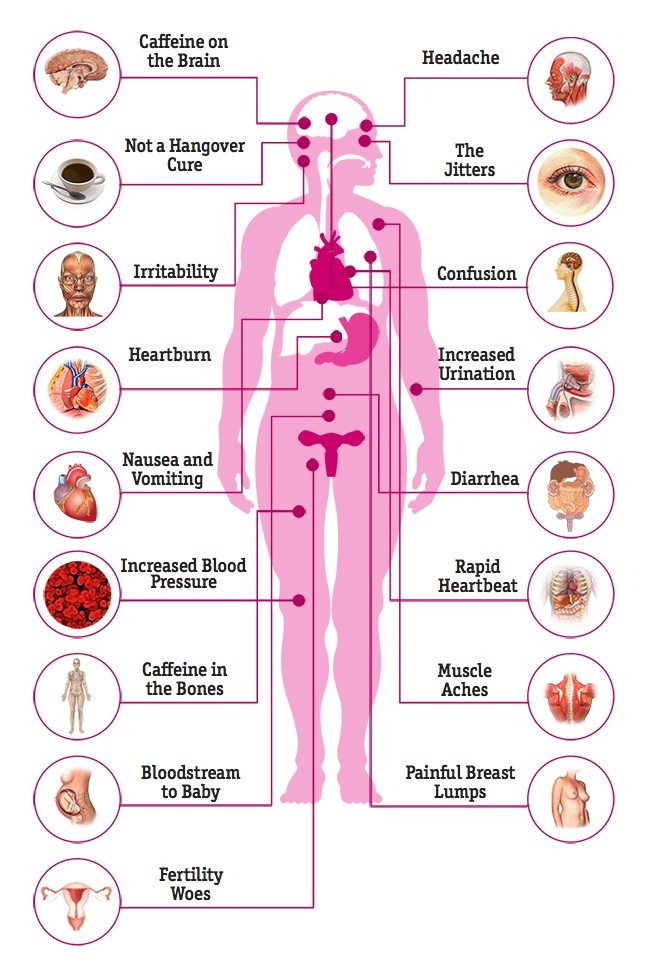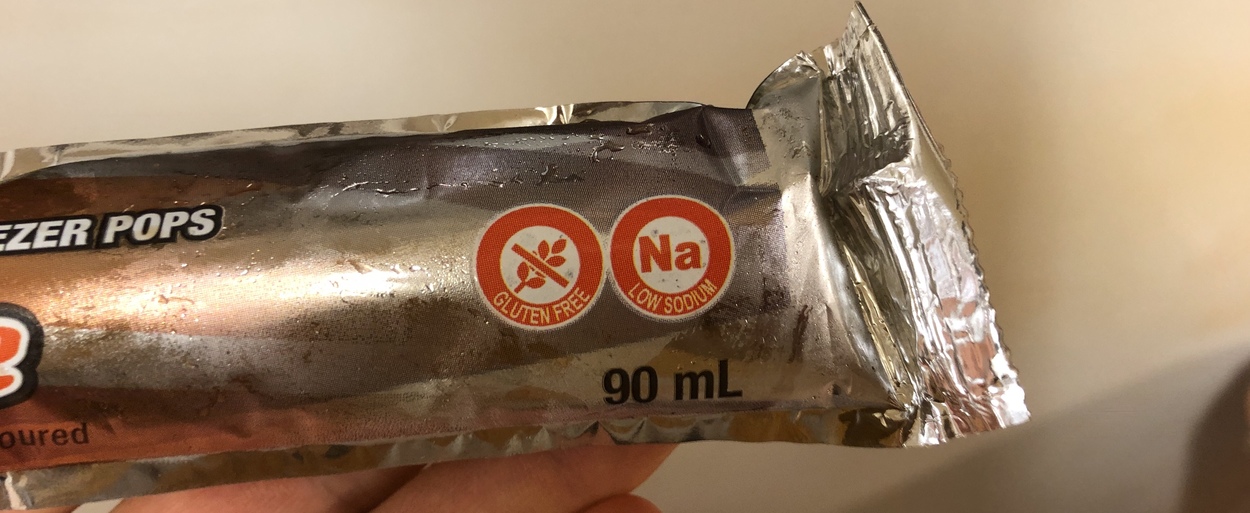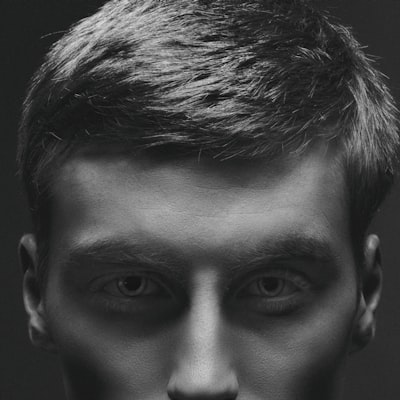The Facts About Hooked on Caffeine? - Everyday Health Revealed


Coffee addiction: Do people consume too much caffeine? - BBC News
The 25-Second Trick For Coffee and Cocaine – Seaside Palm Beach Luxury Rehab
This mix of drugs is harmful enough that the United States FDA considers alcoholic energy drinks risky and bans their sale. While such drinks can be acquired in some other countries, their usage is ill-advised, as is mixing energy beverages and alcohol. The drugs threaten mainly since stimulants counter lots of, although not all, of the apparent indications one has drunk too much alcohol (a depressant).
The impact of taking a stimulant with a depressant develops a "push-pull" impact on the body, not unlike a speedball. While Caffeine Addiction Help is admittedly a mild stimulant, it can be really harmful if a person takes in excessive alcohol as the stimulant impacts wear off. There is a much greater risk that they will accidentally experience alcohol poisoning, perhaps overdosing on alcohol and having their breathing alarmingly slowed or even stopped.
Caffeine Addiction - 12 Step Fundamentals Explained
What is caffeine? Caffeine is the stimulant in your coffee, tea, chocolate and soda that lowers fatigue, increases awareness and provides you an increase of energy. It can also cause insomnia, headaches, dehydration and high blood pressure, if you're not mindful. For numerous, caffeine is a tool to help them wake up, perk up and focus.

Caffeine and Recovery: How Much is too Much? - GateHouse Sober Community
Caffeine is a white, bitter compound that's discovered naturally in over 60 plants, consisting of coffee beans, tea leaves and cacao pods that are utilized to make chocolate. The U.S. Food and Drug Administration (FDA) thinks about caffeine to be both a food additive and a drug. The amount of caffeine in your food and drink differs.

Caffeine Addiction HD Stock Images - Shutterstock
The Only Guide for How to cut down on caffeine - Habits - ReachOut Australia
Coffee can have as little as 2 milligrams of caffeine (decaf coffee) per cup, and as much as 200 milligrams per cup. Your typical tea has about 40 milligrams of caffeine, but it can vary from 9 to 110 milligrams. Twelve ounces of soda pop/soft drink usually has 30 to 60 milligrams of caffeine.

What impact does caffeine have on the body? Caffeine enters your blood stream from your stomach and small intestine. Once in your blood stream, caffeine promotes your main nervous system your nerves, brain and spinal cable to make you feel more awake and alert. Caffeine lowers fatigue and improves focus and concentration.
